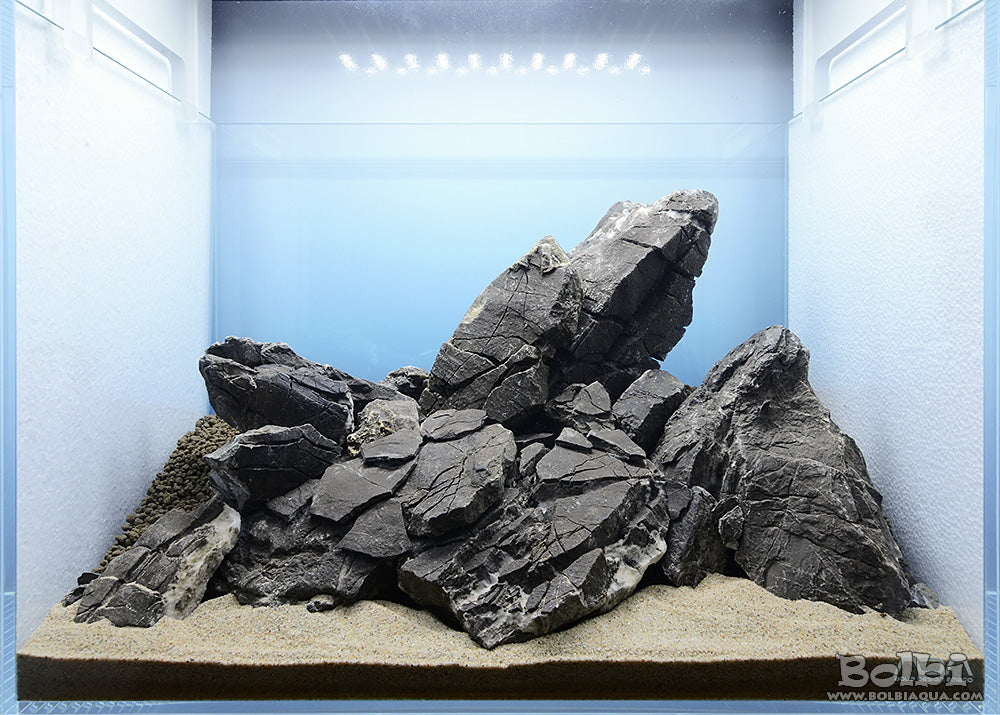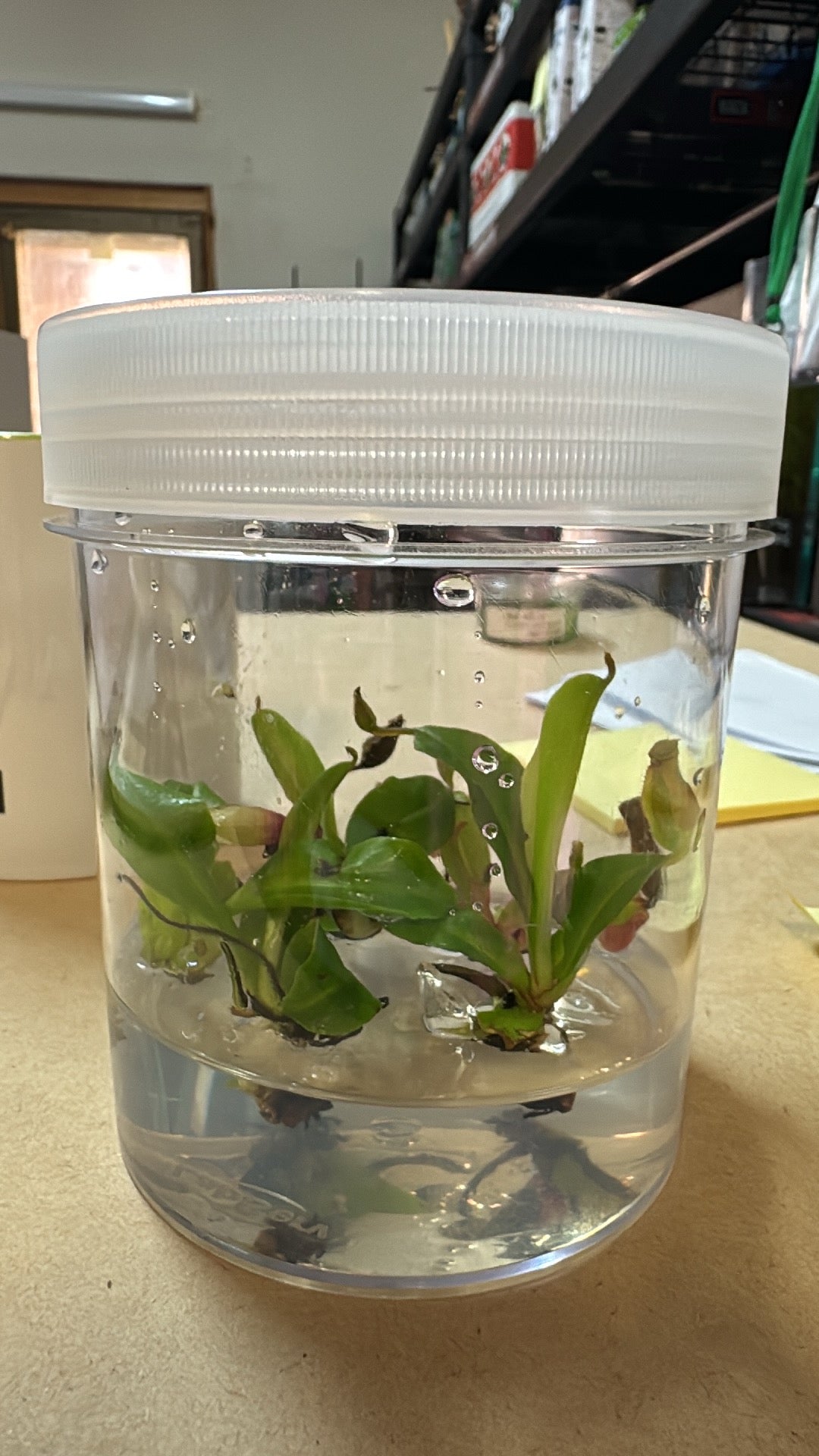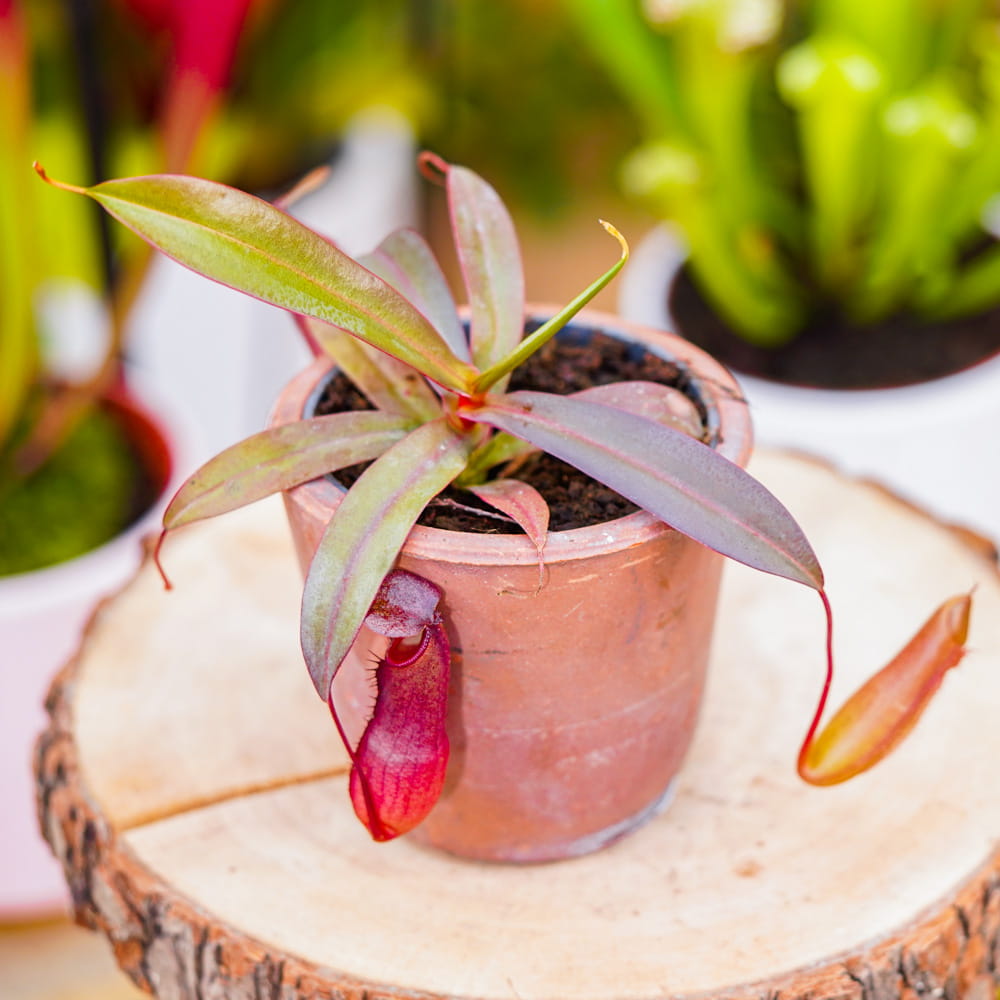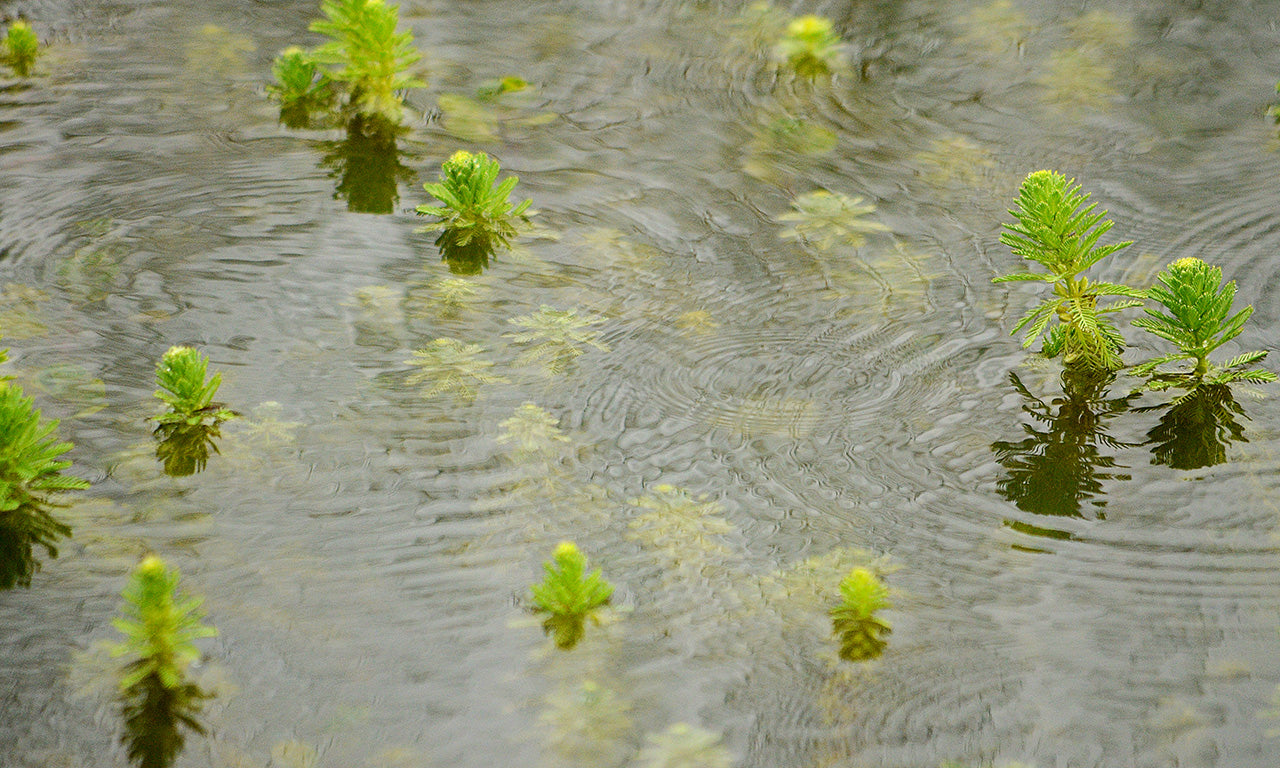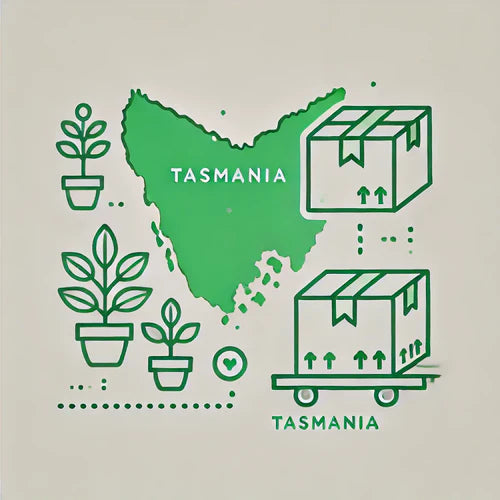
Department of Natural Resources and Environment Tasmania - Checklist for importing plants
FACT SHEET
All plant material entering Tasmania must meet strict import requirements.
There are a few things you must do prior to importing any plants:
1. Check they are not prohibited
Please be aware of the following restrictions:
• Soil is prohibited entry to Tasmania, commercial potting mix is allowed. Bark is not allowed entry. Plants
must be in pots of less than 50L capacity.
• Plants from the Myrtaceae family are not permitted in Tasmania as they are a host for Myrtle Rust. A list of
these plants can be found at the following link: Myrtaceae genera
Some plants cannot be imported into Tasmania as they are declared as weeds or listed as pests or diseases: See the
information provided in Appendix 1.2 of Plant Biosecurity Manual Tasmania and Declared Weeds Index
2. Check which Import Requirements your plants must meet
Refer to the Plant Biosecurity Manual Tasmania, which details all the Import Requirements: Plant Biosecurity Manual
Tasmania
Some Import Requirements require a chemical treatment (eg Import Requirement 38)
Import requirements that apply to ALL nursery stock (nursery stock means plants in soil-less potting media, bulbs,
corms and rhizomes, and bare-rooted plants or cuttings (including budwood and scionwood), with or without
leaves):
Import Requirement 38 Nursery Stock
Other Import Requirements that may apply to nursery stock (dependant on plant species and State of origin):
Import Requirement 10 - Grape Phylloxera - Hosts and vectors
Import Requirement 11 - Iris Yellow Spot Tospovirus (IYSV) - Host and vectors
Import Requirement 15 - Red Imported Fire Ant - Vectors
Import Requirement 22 - Lupin Anthracnose Disease - Host and vectors
Import Requirement 27 - Chickpea Blight - Hosts and vectors
Import Requirement 29 - Plants and Plant Products, other than Potatoes, from Potato Cyst Nematode infested areas
within Victoria
Import Requirement 33 - Hosts of Silverleaf Whitefly and Tomato Yellow Leaf Curl Virus
Import Requirement 46 - Tomato Potato Psyllid - Hosts and vectors
3. Obtain a Plant Health Certificate (Biosecurity Certificate)
Your plants must be accompanied to Tasmania with a Plant Health Certificate (PHC) (or Biosecurity Certificate (BC))
issued by the state or territory it is being imported from (this is the only option for privately owned plants).
Or
Obtain a Plant Health Assurance Certificate (PHAC) (or Biosecurity Certificate (BC)), issued from an ICA-29 accredited
nursery that the stock is sourced from.
These certificates provide us with an assurance that the plants meet our Import Requirements. Please check for
charges for these services.
Please Contact:
ACT – Environment Protection and Heritage: Enquiries 13 22 81
NSW - Department of Primary Industries: 1800 680 244
NT - Department of Primary Industry and Resources: 08 8999 2118
QLD - Department of Agriculture and Fisheries & Fisheries: 07 3404 6999, or call 13 25 23 if in Queensland
SA - Department of Primary Industries and Regions, South Australia: 08 8207 7814
VIC - Department of Environment & Primary Industries Biosecurity: 136 186
WA - Department of Primary Industries and Regional Development: 08 9368 3333
4. Secure Packaging is also required.
All plants must be held in a designated and secure treatment area post-treatment before being securely packaged in
a way that prevents pest contamination during transport to Tasmania. Secure packaging may include new, clean
packaging such as shrink wrapping or containment in a truck or container compartment. Plants treated must not
come in contact with untreated nursery stock or other restricted matter after treatment or during transport to
Tasmania. Plants must arrive into Tasmania within 10 days post treatment.
5. Submit a Notice of Intention to Import prior to importing.
A "Notice of Intention to Import Plants or Plant Products into Tasmania" (NOI) must be completed and submitted to
the relevant Biosecurity Operations Centre at least 24 hours prior to the consignment arriving in Tasmania. A copy of
the plant health certification should also be included with the NOI.
The NOI form can be found at the following link: Biosecurity Forms .The completed NOI can be sent to:
noi.biosecurity@nre.tas.gov.au
6. Upon arrival in Tasmania:
Please note a document check and an inspection of the plants will occur upon arrival into Tasmania by Biosecurity
staff.
Please ensure a copy of the PHC (or BC) and NOI accompany the plants. Inspection fees may apply to this import.
Please note that if plants are being posted to Tasmania, they need to be marked attention BIOSECURITY TASMANIA,
a copy of the NOI, and PHC (or BC) needs to be packaged with the plant
Further Information
03 6165 3777
Biosecurity.Tasmania@nre.tas.gov.au

